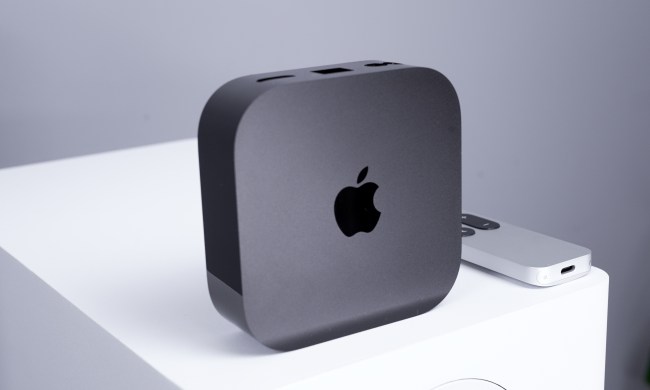Anyone ordering Apple’s recently unveiled Mac Studio desktop should carefully be eyeing the shipping date as a COVID-19-related lockdown in the Chinese city of Shenzhen threatens to leave customers waiting longer than originally expected to receive their new machines.
Announced on Sunday, March 13, the lockdown in one of the world’s busiest tech hubs will force the city’s suppliers and manufacturing facilities to close for at least a week. Apple supplier Foxconn has already announced the temporary closure of several Shenzhen manufacturing sites, one of which produces iPhones.
Apple unveiled the new Mac Studio during a special event on Tuesday, March 8. The device comes in two flavors — the M1 Max and the more powerful M1 Ultra.
Even before the Shenzhen lockdown has had a chance to have an impact, shipping dates for the Mac Studio were already slipping. The base Mac Studio M1 Max currently shows a shipping time of between three and four weeks, while the base model with the M1 Ultra shows a wait time between six and seven weeks, with Apple Insider noting that the original shipping time for the more powerful machine was just a couple of weeks.
When people start customizing the M1 Ultra machine for improved specs, the shipping date increases to up to 12 weeks, pushing delivery into June.
While overall COVID-19 cases in Shenzhen and China in general are still low compared to many places, the nation’s zero-COVID strategy means that any outbreaks are met with localized mass testing and strict curbs on human interaction until new infections are eliminated.
Of course, multiple factors can impact shipping times, including Apple’s own manufacturing timetable that it sets ahead of time based on sales estimates of its new devices. Supply chain issues caused by the ongoing pandemic are already impacting the tech sector, but the shutdown in an important hub like Shenzhen could cause even more problems in the coming weeks.
Digital Trends has reached out to Apple for information on the extent to which the latest lockdown is expected to impact its global operation and we will update this article when we hear back.


